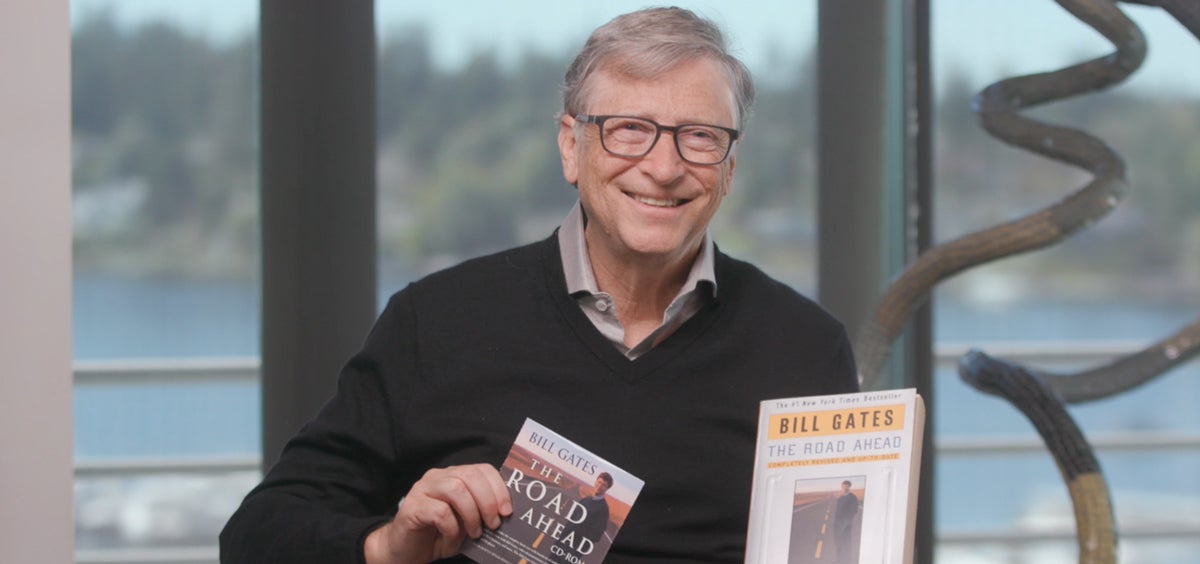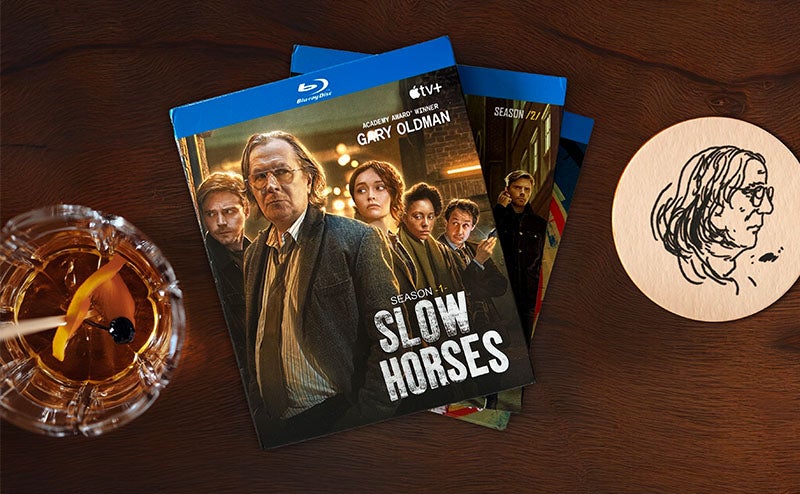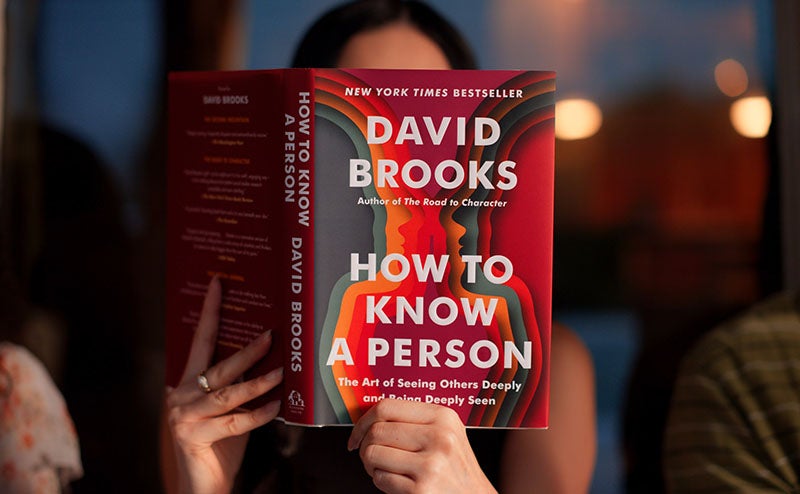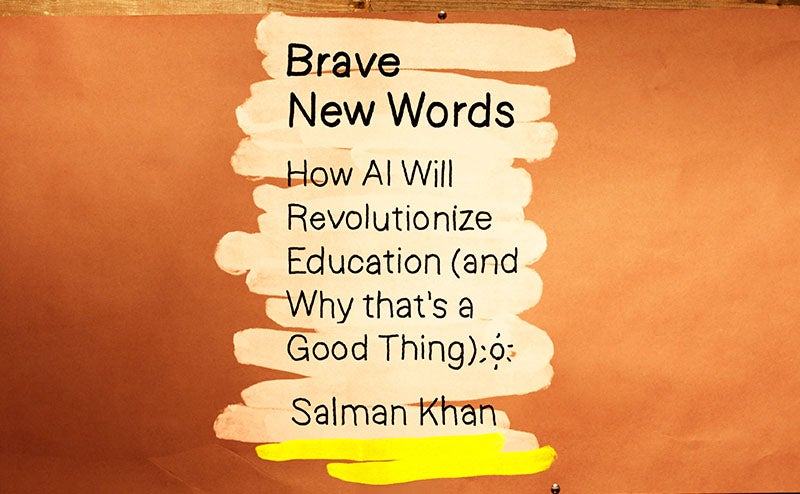As the world commits more money to dealing with climate change, we need to maintain our efforts to improve health and spark economic growth in poor countries.
Twenty-five years ago today, I published my first book, The Road Ahead. At the time, people were wondering where digital technology was headed and how it would affect our lives, and I wanted to share my thoughts—and my enthusiasm. I also had fun making some predictions about breakthroughs in computing, and especially the Internet, that were coming in the next couple of decades.
Next February, I’ll release another book, this one about climate change. Before it hits the shelves, I thought it would be fun to look back at The Road Ahead and see how things turned out.
As I wrote in The Road Ahead, we tend to overestimate the changes that will happen in the short term and underestimate the ones that will happen over the long term. That is certainly my experience with the book itself. I was too optimistic about some things, but other things happened even faster or more dramatically than I imagined.
These days, it’s easy to forget just how much the Internet has transformed society. When The Road Ahead came out, people were still navigating with paper maps. They listened to music on CDs. Photos were developed in labs. If you needed a gift idea, you asked a friend (in person or over the phone). Today you can do every one of these things much more easily—and in most cases at a much lower cost too—using digital tools.
That’s all covered in the book (I was thinking and learning about these things obsessively back then). For instance, there’s a chapter on video on demand and computers that will fit in your pocket. You can download it here for free:
Sign up or log in to download now for free.
Sign up or log in to download now for free.
One thing I was probably too optimistic about is the rise of digital agents. It is true that we have Cortana, Siri, and Alexa, but working with them is still far from the rich experience I had in mind in 1995. They don’t yet “learn about your requirements and preferences in much the way that a human assistant does,” as I wrote at the time. We’re just at the beginning of what agents will eventually be capable of.
Another idea that’s central to The Road Ahead—that technology would allow unprecedented social networking—has pretty much come to pass. I am surprised, though, by the way social networks are both bringing us together and contributing to a more polarized atmosphere. I didn’t anticipate how much people would choose to filter out different perspectives and harden their own views.
One thing I wrote about that hasn’t happened yet—but I still think will happen—is the way the Internet will affect the structure of our cities. Today the cost of living in a dense downtown, like Seattle’s, is so high that many workers (including teachers, police officers, and baristas) can’t afford to live there. Even high earners spend a disproportionate percentage of their income on rent. As a result, some cities are arguably too successful, and others are not successful enough. It’s a real problem for our country.
But as digital technology makes it easier to work at home, then you can commute less often. That, in turn, makes it more attractive to live father away from the office, where you can afford a bigger house than in the city center. It also reduces the number of cars on the road at any given time. Over time, these shifts would mean major changes in the ways our cities work and are built.
We’re starting to see some of these effects come into play now, as office workers stay home because of COVID-19. Microsoft recently announced a policy recognizing that doing some work from home (for less than 50 percent of the time) will be standard even after the pandemic is over and their offices open back up. I think this trend will accelerate in the coming years.
The Road Ahead has a lot in common with my new book, How to Avoid a Climate Disaster. Both are about how technology and innovation can help solve important problems. Both share glimpses into the cutting-edge technology I get to learn about.
One thing is different: The stakes are higher with climate change. As passionate as I am about software, the effort to avoid a climate disaster has a whole other level of urgency. Failing to get this right will have bad consequences for humanity. But you can also see the glass as half full. There are huge opportunities to solve this problem, eliminate our greenhouse gas emissions, and create new industries that make clean energy available and affordable for everyone—including people in the world’s poorest countries.
I’m excited to get the new book out there and continue the conversation about how to keep the planet livable for everyone.




